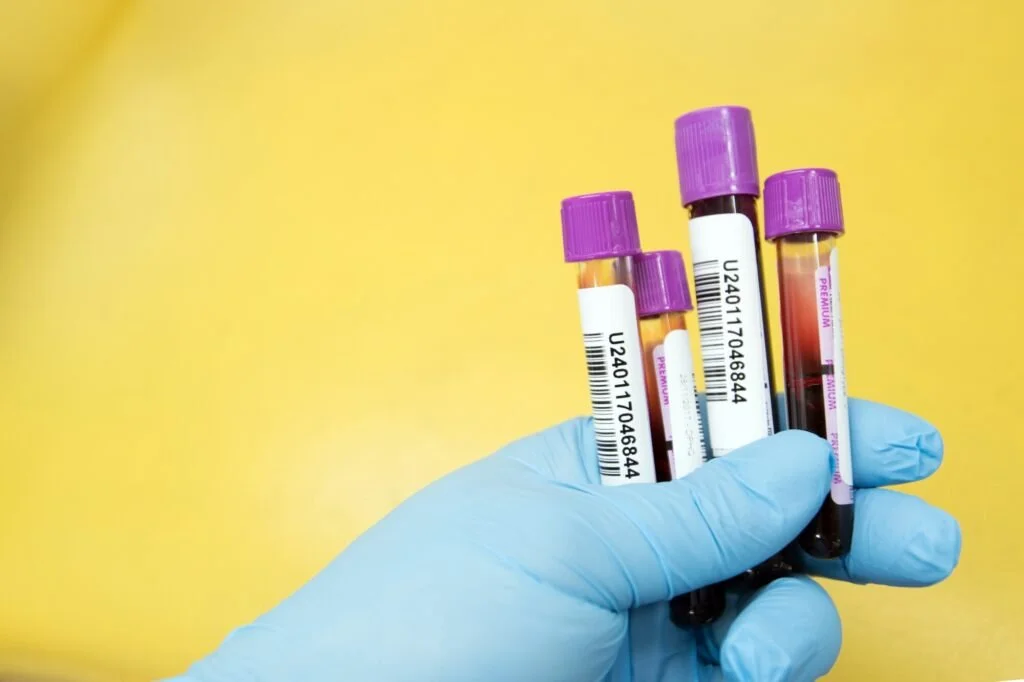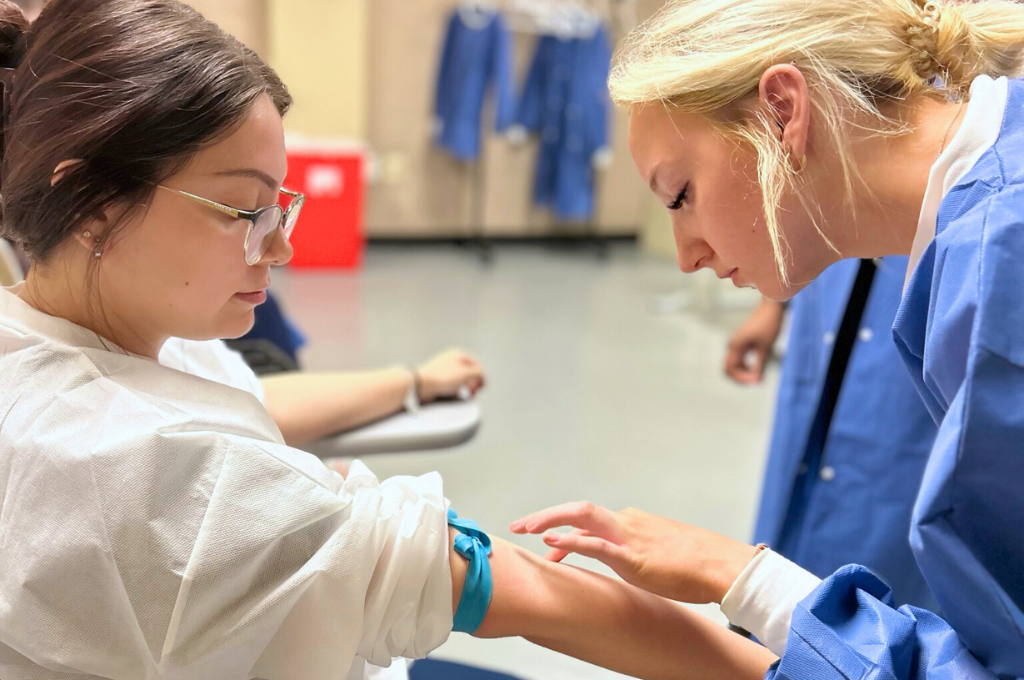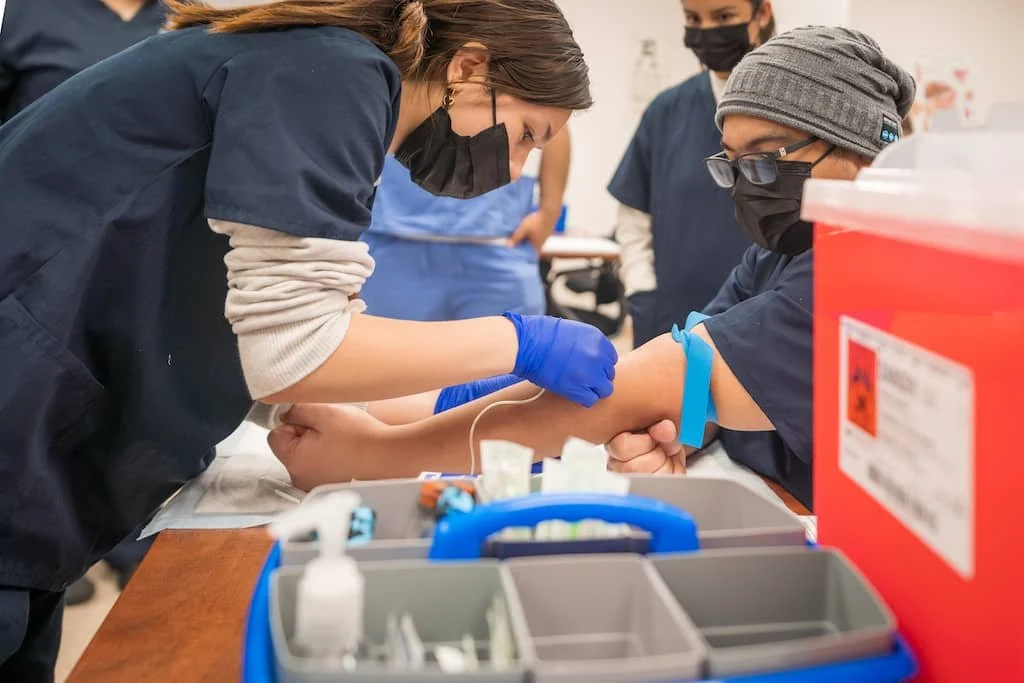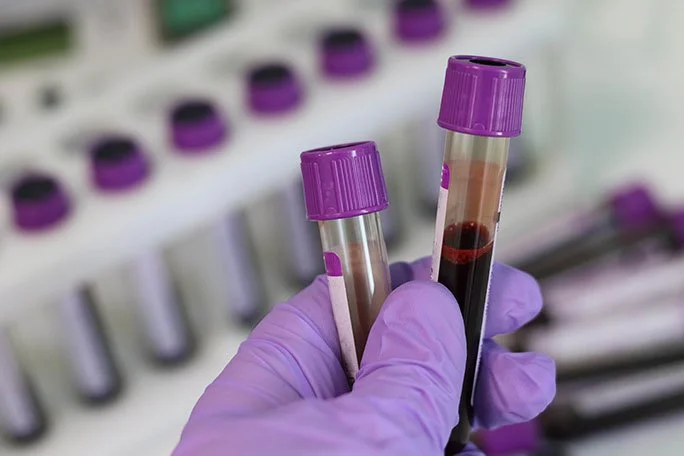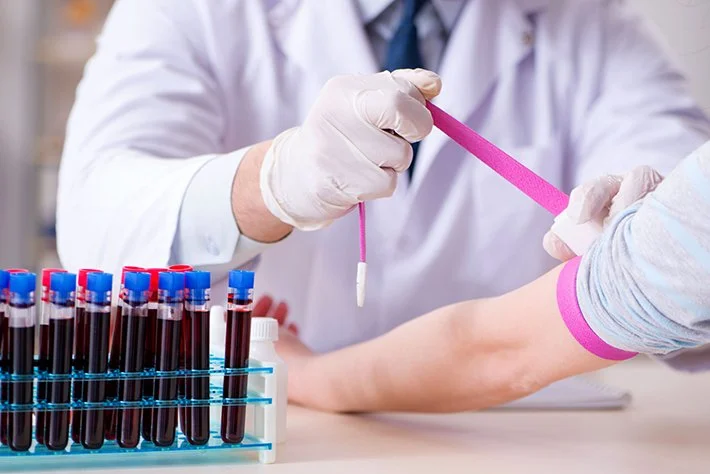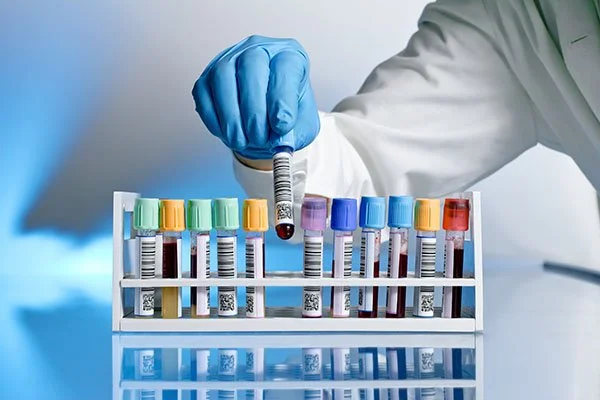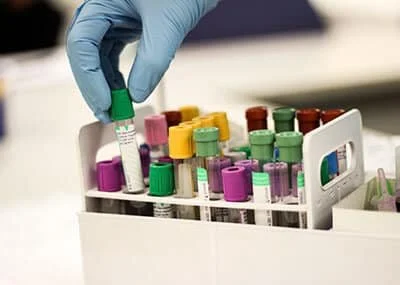Moral Issues In Genetic Screening
Genetic screening has become a powerful tool in the field of medicine, allowing for the detection of various genetic conditions and diseases. While it has the potential to save lives and improve the quality of life for individuals, it also raises a myriad of ethical and moral issues. In this blog post, we will explore some of the key moral issues surrounding genetic screening.
Ethics Of Prenatal Genetic Testing
Advancements in medical technology have made it possible for expectant parents to have more information about their baby's health than ever before. Prenatal genetic testing can provide valuable insights into a baby's genetic makeup, helping parents make informed decisions about their pregnancy and their child's future. However, the ethical implications of prenatal genetic testing are complex and multifaceted. In this article, we will explore the ethical considerations surrounding prenatal genetic testing.
Privacy Concerns In Genetic Testing
Genetic testing has become increasingly popular in recent years, allowing individuals to uncover valuable information about their ancestry, health risks, and potential genetic conditions. While the benefits of genetic testing are numerous, there are also privacy concerns that come along with sharing such sensitive information. In this blog post, we will explore the privacy implications of genetic testing and discuss steps that individuals can take to protect their privacy.
Ethical Implications Of Genetic Tests
Genetic testing has undoubtedly revolutionized the field of medicine, offering unprecedented insights into an individual's genetic makeup and susceptibility to certain diseases. However, with this groundbreaking technology comes a host of ethical implications that must be carefully considered. In this article, we will explore the ethical dilemmas surrounding genetic testing and the issues that arise as a result.
Ethical Issues In Genetic Testing
Genetic testing has become increasingly popular in recent years, allowing individuals to gain insights into their unique genetic makeup. While these tests can provide valuable information about predispositions to certain diseases and ancestry, they also raise a number of ethical concerns. In this article, we will explore some of the key ethical issues surrounding genetic testing.
Benefits Of Educating Patients About Diagnostic Tests
When it comes to healthcare, knowledge is power. Educating patients about diagnostic tests is crucial in empowering them to make informed decisions about their health. By understanding the purpose and process of diagnostic tests, patients can better advocate for themselves, follow through with recommended treatments, and ultimately improve their overall health outcomes. In this article, we will explore the numerous benefits of educating patients about diagnostic tests.
Patient Education Strategies For Diagnostic Tests
Diagnostic tests are an essential part of healthcare, helping healthcare providers identify diseases, conditions, or other health-related issues in patients. However, the process of undergoing diagnostic tests can be stressful and confusing for patients. Patient education strategies are crucial in helping patients understand why they need certain tests, what the tests entail, and how to prepare for them. In this article, we will explore some effective patient education strategies for diagnostic tests.
Impact Of Patient Education On Diagnostic Accuracy
When it comes to healthcare, patient education plays a crucial role in improving diagnostic accuracy. By providing patients with the necessary information about their condition, symptoms, and treatment options, healthcare providers can greatly enhance the accuracy of their diagnoses. In this article, we will explore the impact of patient education on diagnostic accuracy and discuss the benefits it can bring to both patients and healthcare providers.
Improving Patient Understanding Of Diagnostic Tests
Diagnostic tests play a crucial role in healthcare, helping healthcare providers determine the underlying causes of a patient's symptoms and develop appropriate treatment plans. However, many patients struggle to understand the purpose of these tests and the information they provide. Improving patient understanding of diagnostic tests is essential for informed decision-making and better health outcomes. In this article, we will explore strategies to enhance patient comprehension of diagnostic tests.
Role Of Patient Education On Diagnostic Tests
Understanding the role of patient education on diagnostic tests is crucial in ensuring that individuals are informed and empowered to make informed decisions about their health. Diagnostic tests play a vital role in diagnosing diseases, monitoring treatment progress, and guiding healthcare decisions. Patient education is essential in helping individuals understand the purpose of diagnostic tests, how to prepare for them, and how to interpret the results. In this article, we will explore the significance of patient education on diagnostic tests and how it can positively impact patient outcomes.
Effective Ways To Educate Patients About Diagnostic Tests
When it comes to healthcare, patient education is crucial in promoting better health outcomes and overall patient satisfaction. One area that is particularly important to educate patients about is diagnostic tests. By helping patients understand the purpose, procedures, and results of diagnostic tests, healthcare providers can empower patients to take an active role in their healthcare and make informed decisions about their treatment.
Education For Patients On Interpreting Test Results
Welcome to our blog where we will discuss the importance of educating patients on interpreting test results. Understanding the outcomes of medical tests is crucial for patients to take control of their health and make informed decisions about their care. In this article, we will explore why patient education on interpreting test results is essential, how it can empower individuals to better manage their health, and provide some useful tips for patients to effectively understand their test results.

